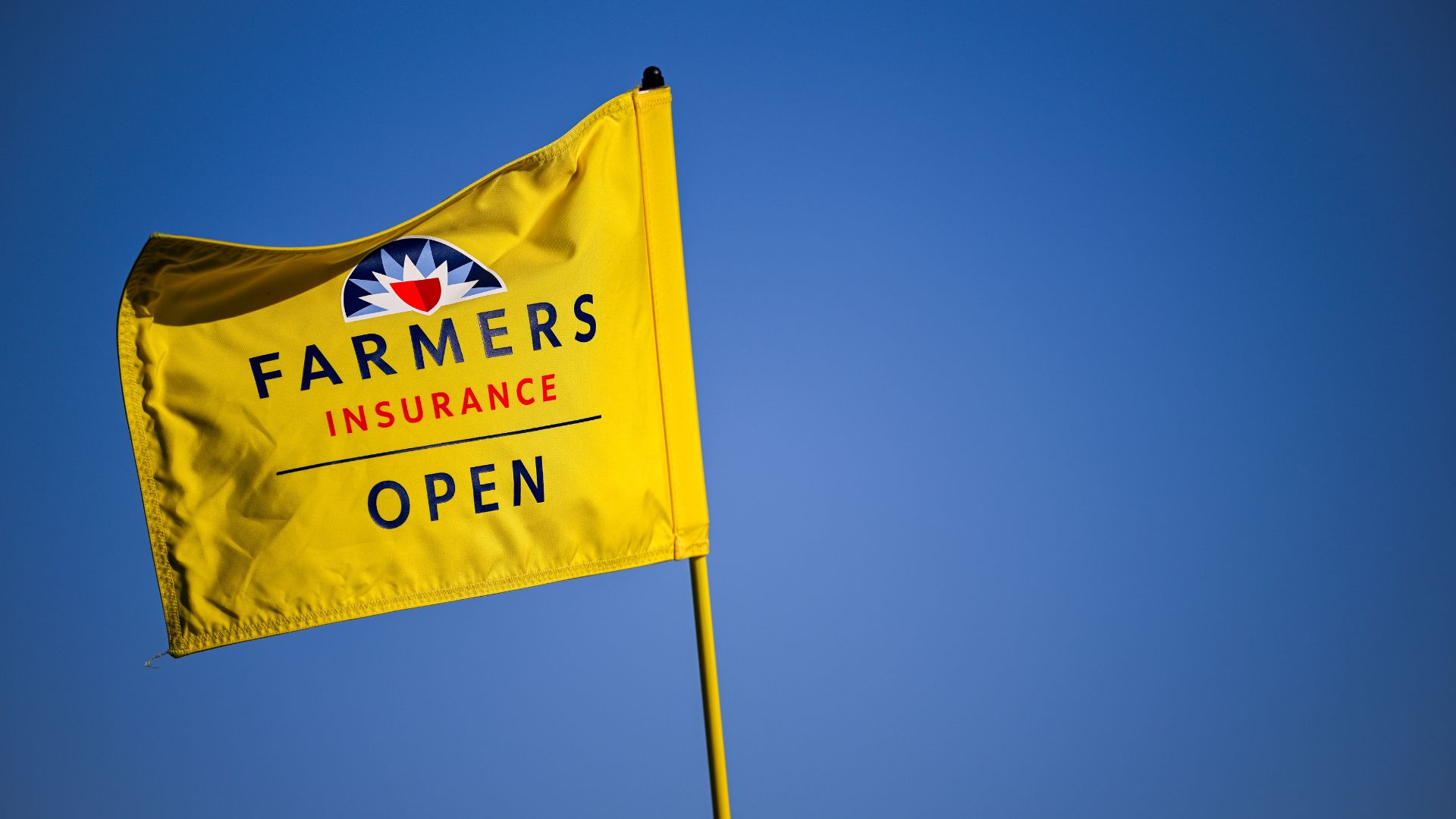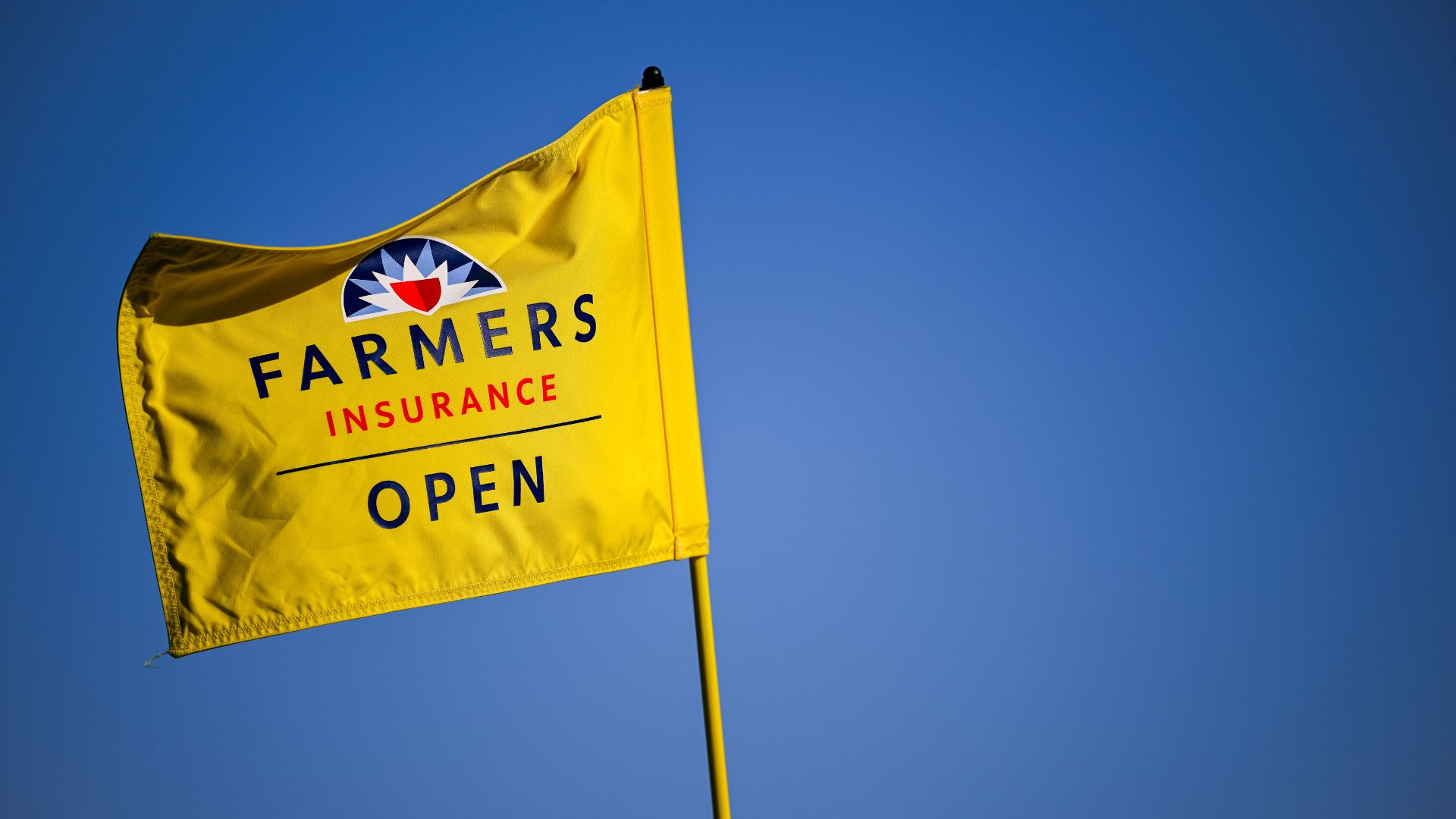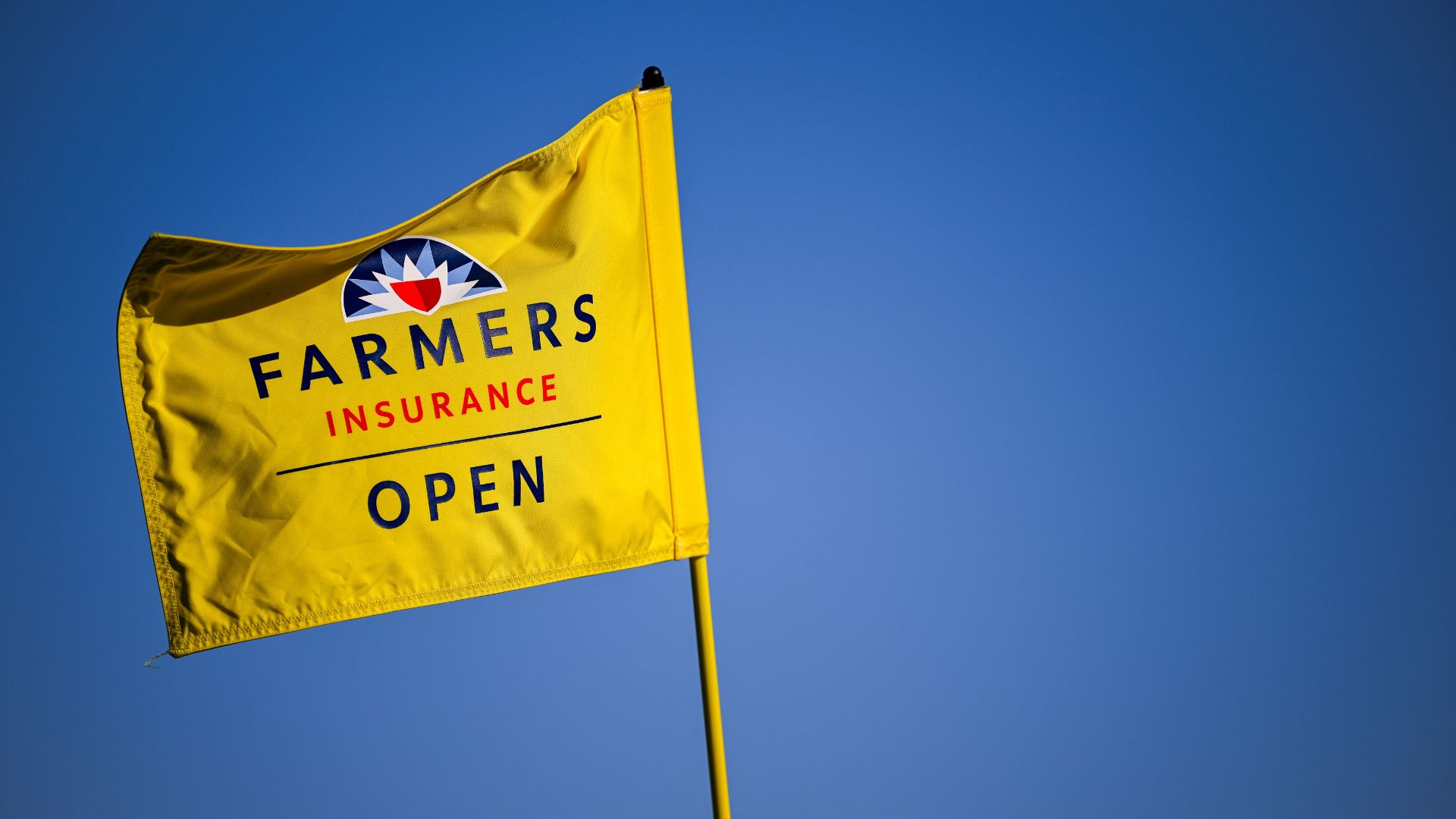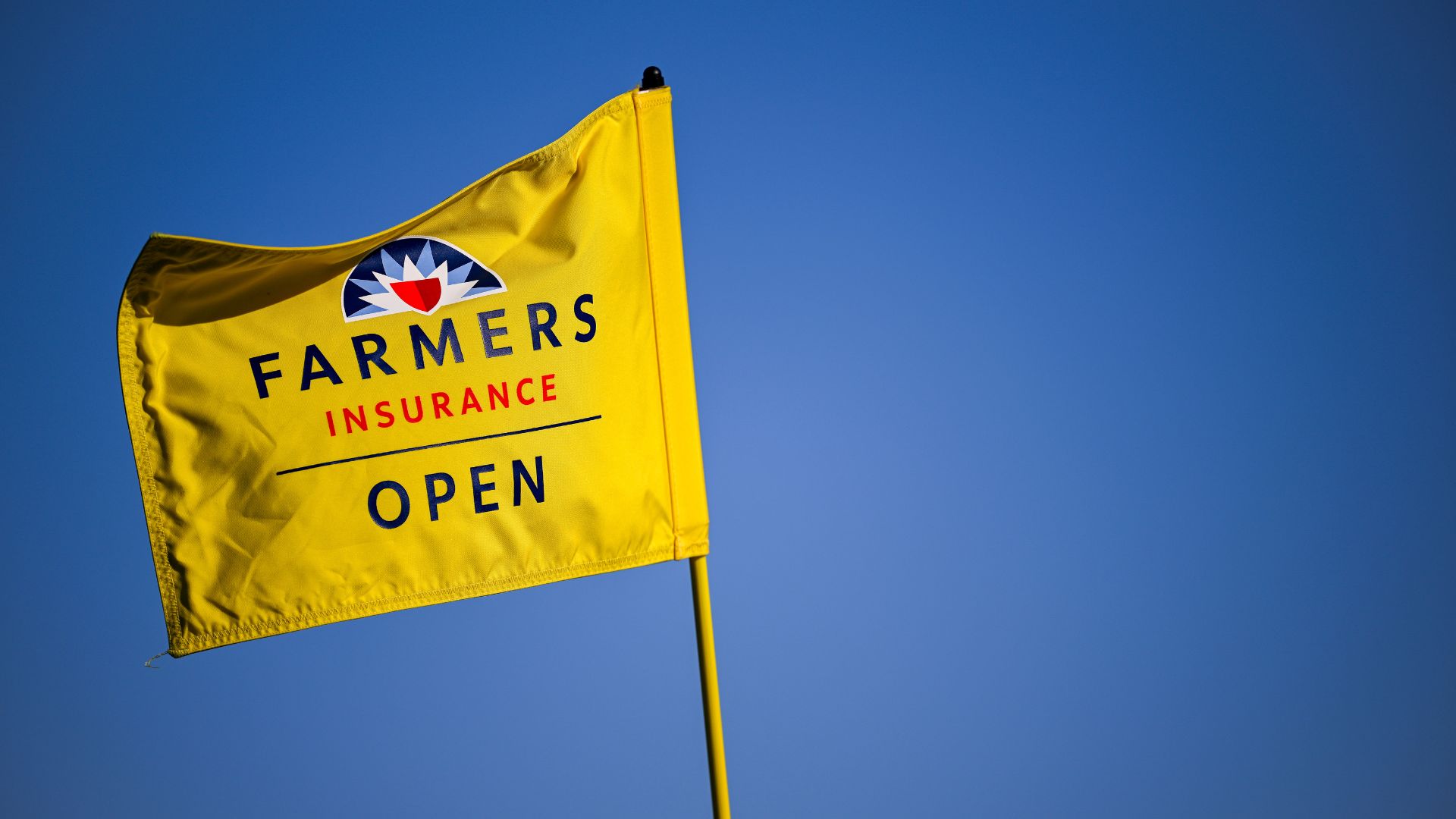Brooks Koepka takes a step back to the PGA Tour and shares insights about his reasons for returning in a press conference.


Brooks Koepka takes a step back to the PGA Tour and shares insights about his reasons for returning in a press conference.

Two more German pros qualified on Monday for the Farmers Insurance Open, joining Stephan Jäger and Matti Schmid.

Brooks Koepka’s finest shots: hole-outs, rescue shots, and key moments from the successful PGA Tour career of the 35-year-old.

German players and Brooks Koepka’s comeback add excitement at the PGA Tour opener in Torrey Pines. Find out the tee times here.

DACH players tee off at the Bapco Energies Bahrain Championship. See all tee times and starting holes at the Royal Golf Club.

German players and Brooks Koepka’s comeback add excitement to the PGA Tour opener at Torrey Pines. Discover the Tee Times here.

German players and Brooks Koepka’s comeback bring excitement to the PGA Tour opener at Torrey Pines. Here are the tee times.

German players and Brooks Koepka’s comeback add excitement to the PGA Tour opener at Torrey Pines. Get the Tee Times here.

Brooks Koepka takes a step back to the PGA Tour, sharing insights in a press conference about his reasons for returning.

Two more German pros, alongside Stephan Jäger and Matti Schmid, qualified Monday for the Farmers Insurance Open.